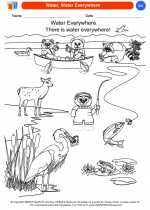Weathering
Weathering is the process of breaking down and wearing away rocks, minerals, and soil. It is a natural process that is caused by various factors such as wind, water, temperature changes, and biological activity.
Types of Weathering
Weathering can be classified into two main types: mechanical weathering and chemical weathering.
Mechanical Weathering
Mechanical weathering occurs when rocks and minerals are broken down into smaller pieces without any change in their chemical composition. This type of weathering is caused by physical forces such as ice wedging, abrasion, and pressure from roots of plants.
Chemical Weathering
Chemical weathering involves the alteration of the chemical composition of rocks and minerals due to chemical reactions. Common processes of chemical weathering include oxidation, hydrolysis, and dissolution.
Factors Affecting Weathering
Several factors can influence the rate and extent of weathering, including:
- Climate: Temperature and moisture levels can significantly impact the rate of weathering.
- Rock Composition: Different types of rocks and minerals weather at different rates.
- Vegetation: Plant roots can contribute to mechanical weathering, and organic acids from decaying plant matter can lead to chemical weathering.
- Human Activity: Human activities such as mining and construction can accelerate weathering processes.
Effects of Weathering
Weathering plays a critical role in the formation of soil, the shaping of landscapes, and the creation of sedimentary rocks. It also contributes to the cycling of minerals and nutrients in the Earth's crust.
Study Guide
Here are some key points to remember when studying weathering:
- Define weathering and explain its significance in geological processes.
- Differentiate between mechanical and chemical weathering, providing examples of each.
- Identify and describe the factors that influence the rate of weathering.
- Discuss the effects of weathering on the Earth's surface and the environment.
Understanding weathering is crucial for comprehending the dynamic processes that shape the Earth's surface and influence the distribution of natural resources.
.◂Science Worksheets and Study Guides Kindergarten. Our Earth
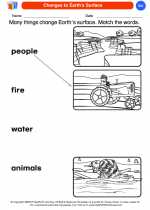
 Coloring Worksheet
Coloring Worksheet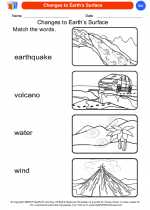
 Coloring Worksheet
Coloring Worksheet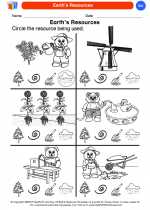
 Coloring Worksheet
Coloring Worksheet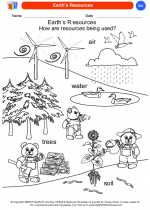
 Coloring Worksheet
Coloring Worksheet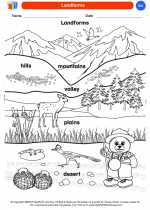
 Coloring Worksheet
Coloring Worksheet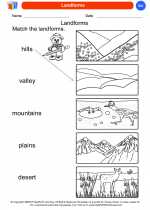
 Coloring Worksheet
Coloring Worksheet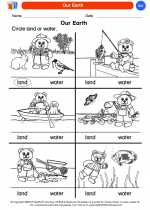
 Coloring Worksheet
Coloring Worksheet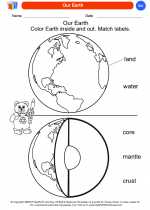
 Coloring Worksheet
Coloring Worksheet
 Coloring Worksheet
Coloring Worksheet
 Coloring Worksheet
Coloring Worksheet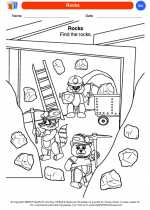
 Coloring Worksheet
Coloring Worksheet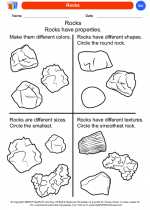
 Coloring Worksheet
Coloring Worksheet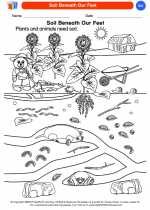
 Coloring Worksheet
Coloring Worksheet
 Coloring Worksheet
Coloring Worksheet
 Coloring Worksheet
Coloring Worksheet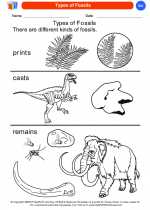
 Coloring Worksheet
Coloring Worksheet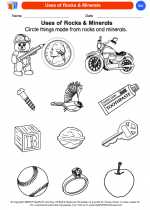
 Coloring Worksheet
Coloring Worksheet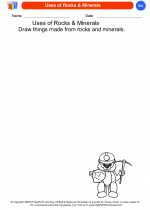
 Coloring Worksheet
Coloring Worksheet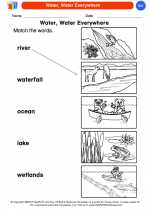
 Coloring Worksheet
Coloring Worksheet